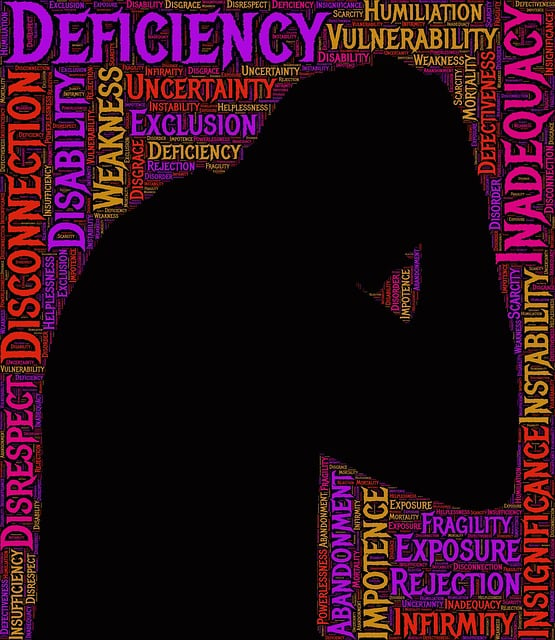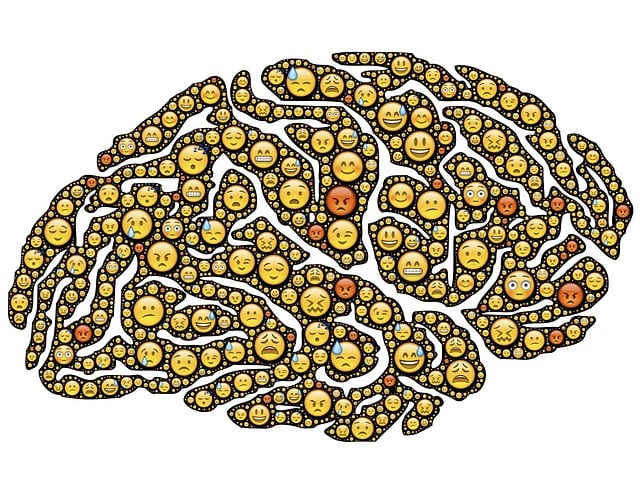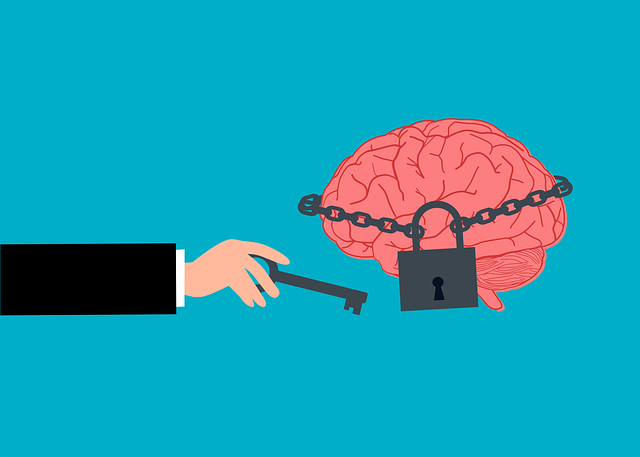Lone Tree Grief Counseling Therapy prioritizes continuous improvement through comprehensive mental wellness program evaluations. This process combines quantitative data analysis (surveys, statistics) and qualitative methods (interviews, focus groups) to assess both broad program impact and individual experiences. By evaluating improvements in social skills, emotional expression, and well-being, Lone Tree tailors their services to specific client needs. This data-driven approach not only enhances therapy effectiveness but also reduces stigma and fosters community empathy through their Mental Wellness Podcast Series.
Mental wellness program evaluations are vital for measuring the effectiveness and impact of interventions, such as Lone Tree Grief Counseling Therapy. This article explores various evaluation methods, from understanding their importance to comparing quantitative and qualitative approaches. We delve into case studies, focusing on assessing the success of Lone Tree Grief Counseling Therapy, and discuss how continuous feedback analysis drives improvement. By examining these strategies, organizations can optimize mental wellness programs and better support individuals in need.
- Understanding Mental Wellness Program Evaluation
- Assessing the Impact of Lone Tree Grief Counseling Therapy
- Quantitative vs Qualitative Evaluation Methods
- Continuous Improvement Through Feedback Analysis
Understanding Mental Wellness Program Evaluation

Mental wellness program evaluation is a critical process that measures the effectiveness and impact of interventions aimed at enhancing mental health and well-being. It involves assessing various aspects, from individual improvements to organizational changes, ensuring that programs are achieving their intended outcomes. This comprehensive evaluation is essential for organizations like Lone Tree Grief Counseling Therapy, which aims to provide holistic support. By evaluating these programs, they can tailor their services, identify areas of success, and pinpoint challenges, ultimately refining their approach to better serve clients.
The methods employed in such evaluations range from qualitative techniques, like interviews and focus groups, to quantitative data analysis. These strategies help uncover valuable insights into participants’ experiences, the program’s reach, and its contribution to stress management workshops, crisis intervention guidance, and self-esteem improvement. Regular evaluation ensures that mental wellness initiatives remain relevant, adaptive, and aligned with the evolving needs of the communities they serve.
Assessing the Impact of Lone Tree Grief Counseling Therapy

The effectiveness of Lone Tree Grief Counseling Therapy can be evaluated through a multifaceted approach, offering insights into its impact on individuals navigating grief and loss. One key method involves assessing changes in participants’ social skills and support networks. By comparing pre- and post-therapy assessments, researchers can gauge improvements in their ability to connect with others, express emotions, and seek assistance from peers or community resources. This aspect is crucial, as social skills training within the therapy framework can empower individuals to cope healthier with their grief, fostering a sense of belonging and reducing feelings of isolation.
Additionally, tracking participants’ engagement in mental wellness journaling exercises during and after therapy provides valuable data. Journaling guidance within the counseling process encourages self-reflection, emotional processing, and the development of healthy coping strategies. By analyzing entries, therapists can identify patterns of improvement or areas requiring further support. This method not only complements the structured therapy sessions but also serves as a powerful tool for individuals to monitor their personal growth and mental wellness over time, potentially enhancing their overall resilience in the face of grief.
Quantitative vs Qualitative Evaluation Methods

Evaluating mental wellness programs involves a delicate balance between understanding the broader impact and delving into individual experiences. Quantitative evaluation methods, such as surveys and statistical analyses, offer a structured approach by measuring outcomes on a large scale. This data provides concrete insights into program effectiveness, allowing for adjustments based on measurable results. For instance, Lone Tree Grief Counseling Therapy can assess client satisfaction and emotional well-being through standardized questionnaires.
In contrast, qualitative evaluation methods, like interviews and focus groups, provide deeper, more nuanced perspectives. They capture individual stories, emotions, and experiences, offering a rich understanding of the program’s impact on a personal level. These methods are particularly valuable for exploring complex topics such as stress reduction methods, compassion cultivation practices, or social skills training, where participants’ subjective experiences play a significant role in their mental wellness journeys.
Continuous Improvement Through Feedback Analysis

At Lone Tree Grief Counseling Therapy, continuous improvement is at the heart of our mental wellness program evaluation methods. We believe that gathering and analyzing feedback from participants is a powerful tool for enhancing our services. By soliciting input on various aspects of therapy sessions, including effectiveness, engagement, and overall satisfaction, we gain valuable insights into what works well and where adjustments are needed. This data-driven approach allows us to tailor our programs to better meet the unique needs of each individual, fostering a more inclusive and supportive environment for those dealing with mental illness.
Moreover, feedback analysis plays a crucial role in stigma reduction efforts and empathy building strategies within our community. By understanding the experiences and perspectives of those who participate, we can address misconceptions and promote greater understanding of mental health issues. This not only strengthens our therapy sessions but also contributes to a broader Mental Wellness Podcast Series Production, where real stories and expert insights can reach a wider audience, fostering a more compassionate society.
Evaluating mental wellness programs, such as the Lone Tree Grief Counseling Therapy, is essential for understanding their effectiveness and making informed improvements. By combining quantitative and qualitative methods, professionals can gain a comprehensive view of the program’s impact on participants’ mental health. Continuous feedback analysis allows for iterative enhancements, ensuring these initiatives remain adaptive and aligned with evolving needs. This strategic approach to evaluation fosters better outcomes and promotes a culture of continuous improvement in mental wellness support.











